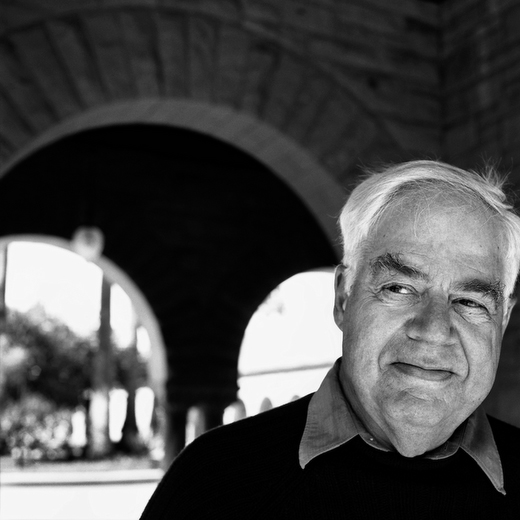This blog is a summary of Rorty’s salient points in his essay, The Historiography of Philosophy.

There are several ways to reconstruct the writings of philosophers: the rational, the historical, and the holistic. The paradigmatic examples are, respectively; P. F. Strawson of Kant, John Dunn‘s of Locke, and Heidegger’s Question of Being.
Rational: analytic thinkers distill the Great Works of philosophy into propositions. This seems helpful for modern philosophers to analyze their problems, especially when the great philosopher’s sayings are rewritten because they require restatement or purification or precise refutation. A good rational reconstructionist like Strawson shows how Kant could have rewritten the Transcendental Analytic without using now-defunct terms like “in the mind” or “created by the mind” (post-Wittgenstein and post-Ryle). However, how much of this risk an anachronistic imposition of contemporary vocabulary and problems?
Historical: historians rebuild the philosopher’s works within an intellectual background: the context of their times, their culture, their own terms. In other words, what Great Philosopher meant is essentially describing how the writings fit into his pattern of linguistic behavior. This reinterpretation helps to remind us the historical nature of philosophical problems. How much of this is merely inconsequential doxography?
Holistic, or Geistesgeschichte: by identifying which writers are the “great dead philosophers” the Geisteshistoriker is both parasitic upon and synthesizes the first two classes, aiming at self-justification much like rational reconstruction but on the level of problematics instead of solutions to problems, which seems to aim for the self-awareness of the historical reconstructionist. However, anachronism and past vocabulary are both verboten. The Geisteshistoriker assembles a cast of historical characters and a dramatic narrative that is still en route, to be continued by our descendants. This reconstruction seems required to confirm the belief that we are better than the ancestors by being aware of this narrative. However, does this reflexive self-awareness also necessarily require the narrative itself be part of the narrative as well?